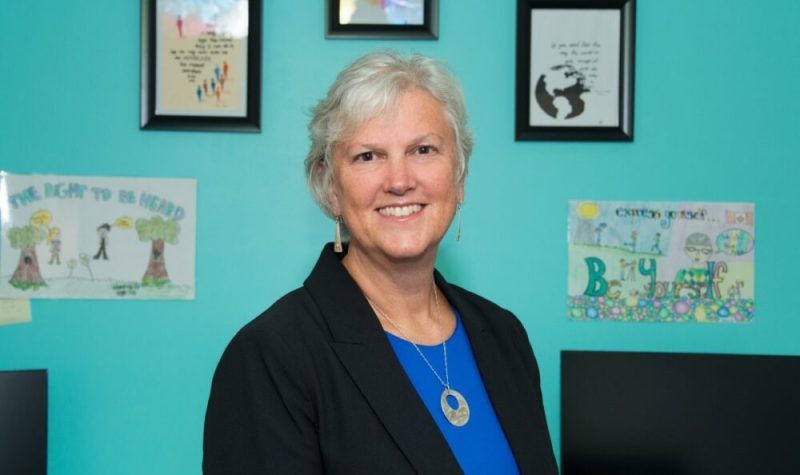Young people in BC are being involuntarily committed to hospitals for mental health treatment "at an alarming rate," but no one is able to say why.
A new report by BC's Representative for Children and Youth found a 162 per cent increase in youth detentions under the province's Mental Health Act between 2008 and 2018. It also found no useful data on who is being committed, how often, how long and how over-represented indigenous youth are when it comes to involuntary treatment.
Jennifer Charlesworth says her report contains too many heart breaking stories from young people, forced into mental health treatment that she says results in trauma:
What would help, according to the representative, is for government to ensure involuntary hospital detention is truly the last resort, instead of it being the default position due to the lack of community based programs.
Her report calls on the province to create regulations that guide the use of restraint, drugging and confinement measures. Charlesworth says young people should be involved in or at least informed about what mental health treatments they will receive and why. She says indigenous youth deserve culturally sensitive and trauma informed mental health care.
BC's Minister of Mental Health and Addictions agrees. Sheila Malcolmson says her goal is to increase community based programs while improving the delivery of involuntary treatment in hospital:
The representative's report sets out deadlines in late 2021 and throughout 2022 to implement its 14 recommendations. They include the creation of an independent body to provide youth information about their rights and advocacy for compassionate treatment, as well as the establishment of a review board to examine troubling cases.


